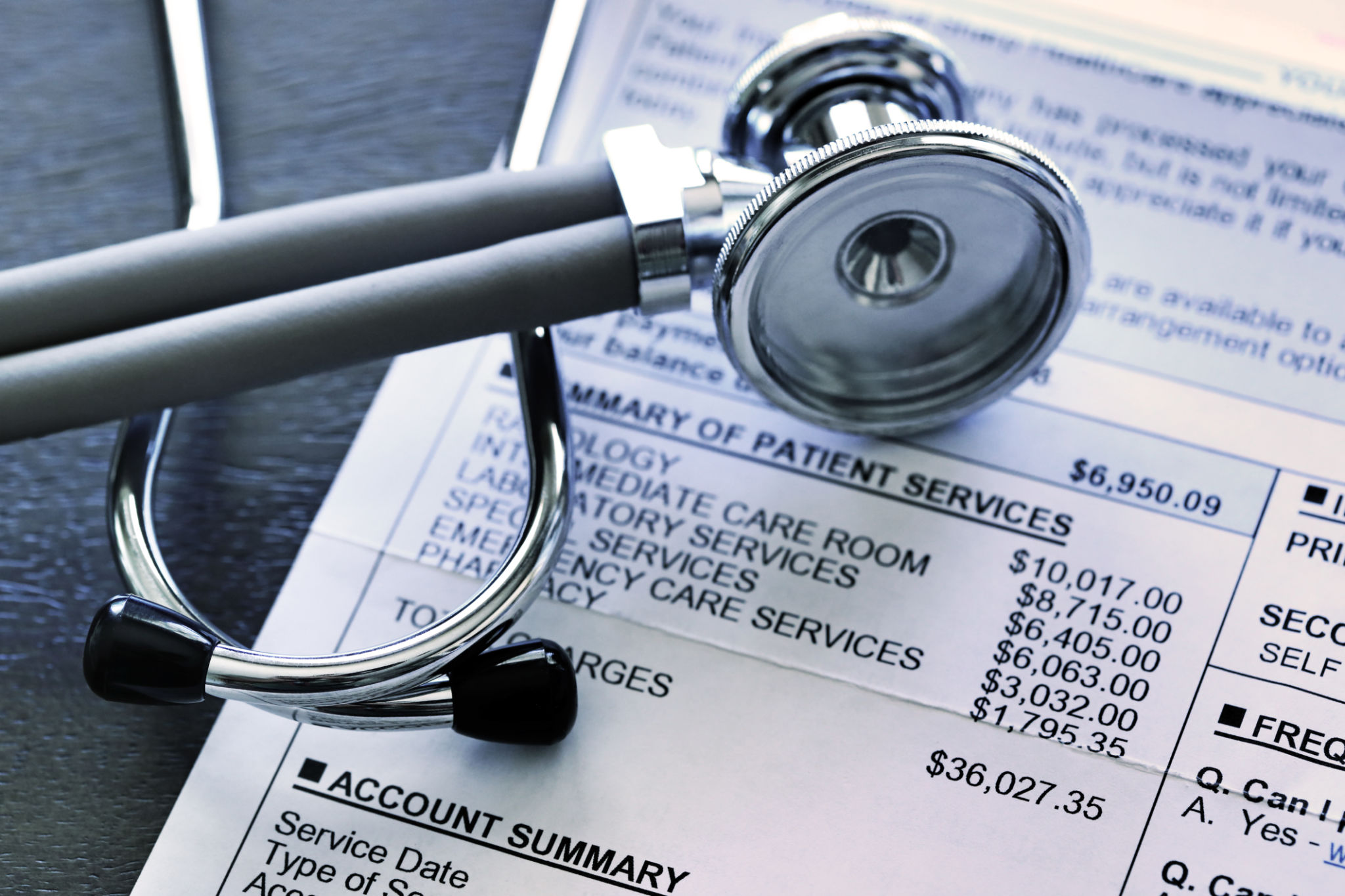Understanding the Role of Medical Billing in Compliance and Regulations
Understanding Medical Billing
Medical billing plays a critical role in the healthcare industry, acting as the financial backbone that supports the entire healthcare system. It involves translating healthcare services into billing claims, which ensures that healthcare providers are reimbursed for their services. This process requires a thorough understanding of the complex web of compliance and regulations governing the healthcare sector.
Compliance in medical billing is essential to maintaining the integrity of the healthcare system. It helps prevent fraudulent activities and ensures that claims are processed accurately and efficiently. Understanding these regulations is crucial for anyone involved in medical billing and coding.

The Importance of Compliance in Medical Billing
Compliance is a cornerstone of medical billing processes. It ensures that all billing activities adhere to federal and state regulations, safeguarding both patients and healthcare providers. The Health Insurance Portability and Accountability Act (HIPAA) is one of the most significant regulations affecting medical billing, emphasizing patient privacy and data security.
Non-compliance with regulations can lead to severe penalties, including hefty fines and legal action. Thus, maintaining compliance not only protects the financial interests of healthcare providers but also preserves their reputation and trust within the community.
Key Regulations Impacting Medical Billing
Several key regulations influence medical billing practices. Apart from HIPAA, the Affordable Care Act (ACA) and the False Claims Act (FCA) play significant roles. These laws set standards for billing accuracy and fraud prevention, ensuring that healthcare providers are held accountable for their billing practices.

The Role of Medical Billers and Coders
Medical billers and coders are the unsung heroes of the healthcare industry. They ensure that all billing claims are accurate and compliant with existing regulations. Their expertise in coding systems like ICD-10 and CPT is essential for translating medical records into billable codes, which are crucial for insurance reimbursement.
Their role also involves verifying patient insurance benefits, submitting claims to insurance companies, and following up on claim statuses. This requires a keen eye for detail and a comprehensive understanding of healthcare regulations to avoid costly errors.
Challenges in Medical Billing Compliance
Despite its importance, maintaining compliance in medical billing can be challenging. The ever-evolving landscape of healthcare regulations requires constant updates to billing practices. Additionally, the complexity of coding systems can lead to errors, resulting in claim denials or delays in reimbursement.

To overcome these challenges, healthcare organizations must invest in regular training for their billing staff and adopt advanced billing software solutions that can streamline processes and ensure compliance with the latest regulations.
Conclusion
In conclusion, understanding the role of medical billing in compliance and regulations is paramount for the smooth functioning of the healthcare industry. By adhering to these regulations, medical billers not only protect their organizations from legal repercussions but also contribute to a transparent and efficient healthcare system.
The continuous evolution of healthcare regulations necessitates an ongoing commitment to education and adaptation within the field of medical billing. By doing so, healthcare providers can ensure they remain compliant while delivering quality care to their patients.